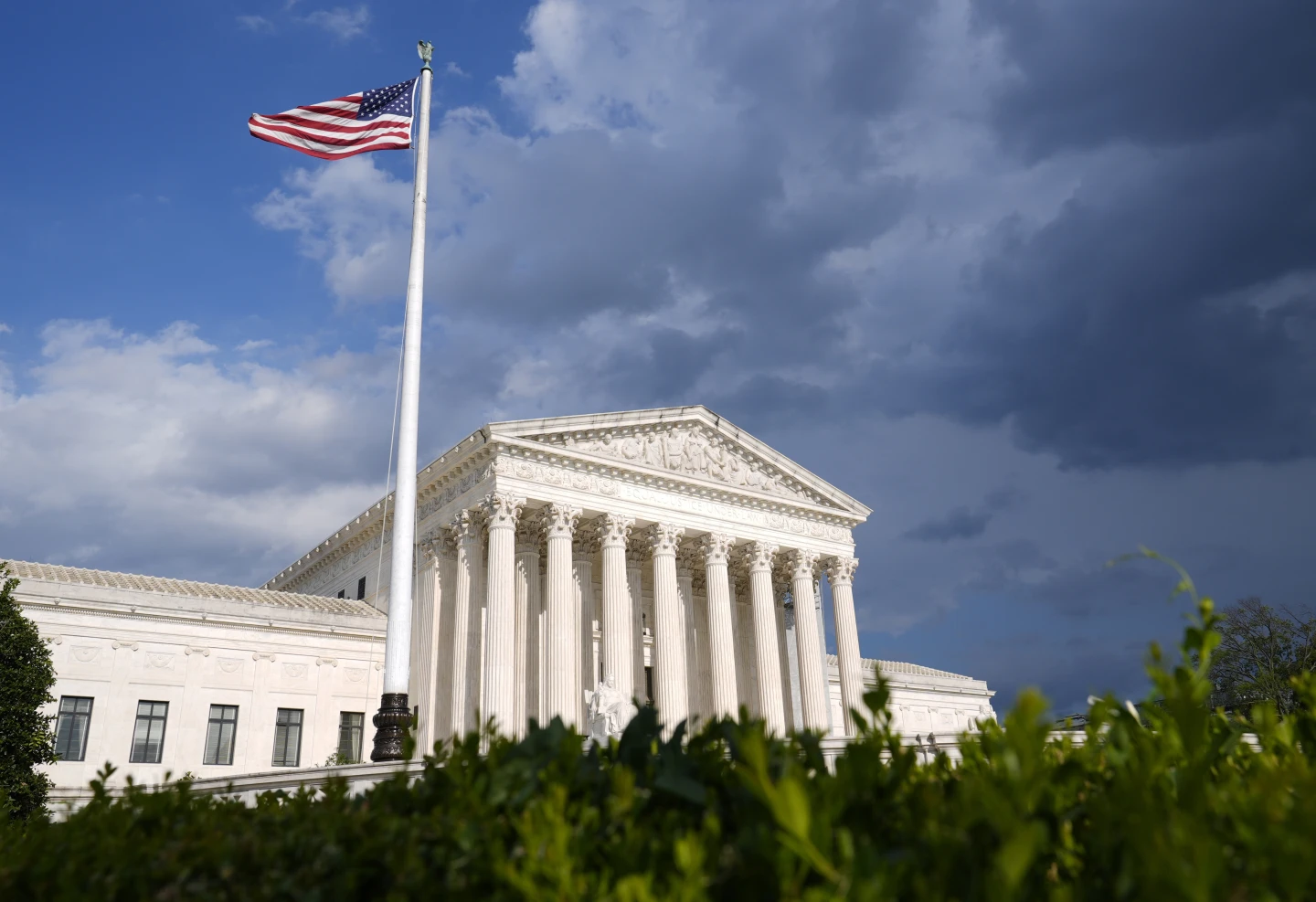The decision effectively protects state governments from most legal challenges to similar laws in Oklahoma and 25 other states.
Chief Justice John Roberts said the Constitution’s equal protection clause does not settle the complex scientific and policy debates at the heart of the case.
“This case carries with it the weight of fierce scientific and policy debates about the safety, efficacy, and propriety of medical treatments in an evolving field. The voices in these debates raise sincere concerns; the implications for all are profound,” Roberts wrote. “The Equal Protection Clause does not resolve these disagreements. Nor does it afford us license to decide them as we see best.”
Justices Sotomayor, Jackson, and Kagan dissented from the opinion, with Sotomayor writing that the court was abandoning transgender children.
“By retreating from meaningful judicial review exactly where it matters most, the court abandons transgender children and their families to political whims. In sadness, I dissent,” she wrote.
The decision ultimately leaves state lawmakers and voters to make decisions on transgender rights. Currently, Oklahoma bars gender-affirming care for minors. That law was signed in May of 2023.
Related Story: Breaking Down The State’s Response To A Lawsuit Over Bill Banning Gender Affirming Care For Minors
Oklahoma Attorney General Reacts To SCOTUS Decision on Gender Affirming Care
Attorney General Gentner Drummond called Wednesday’s decision a “victory” for states like Oklahoma.
“This ruling is a tremendous victory for Oklahoma’s children, ensuring they will not be subjected to the consequences of these life-altering surgeries,” Drummond said. “The practice is unconscionable, and I appreciate the court’s ruling that we as a state have the right to protect Oklahoma children from this irreparable harm.”


















